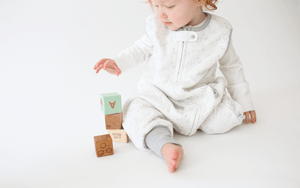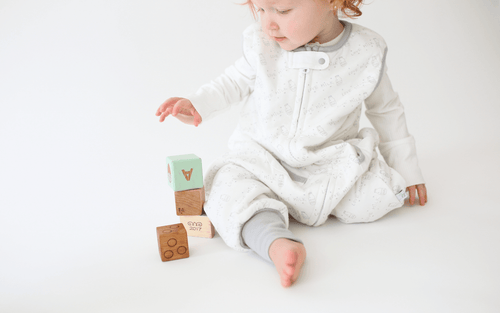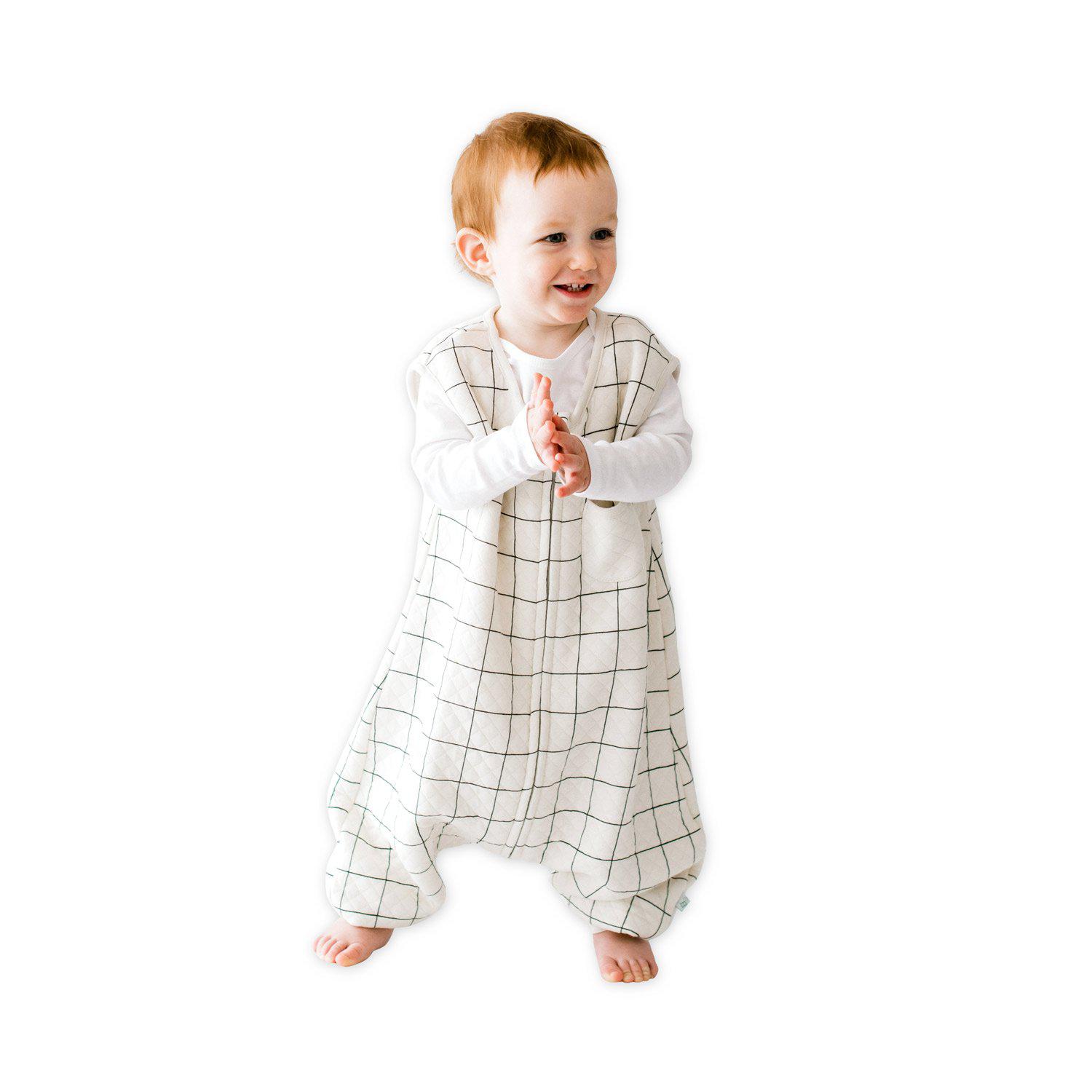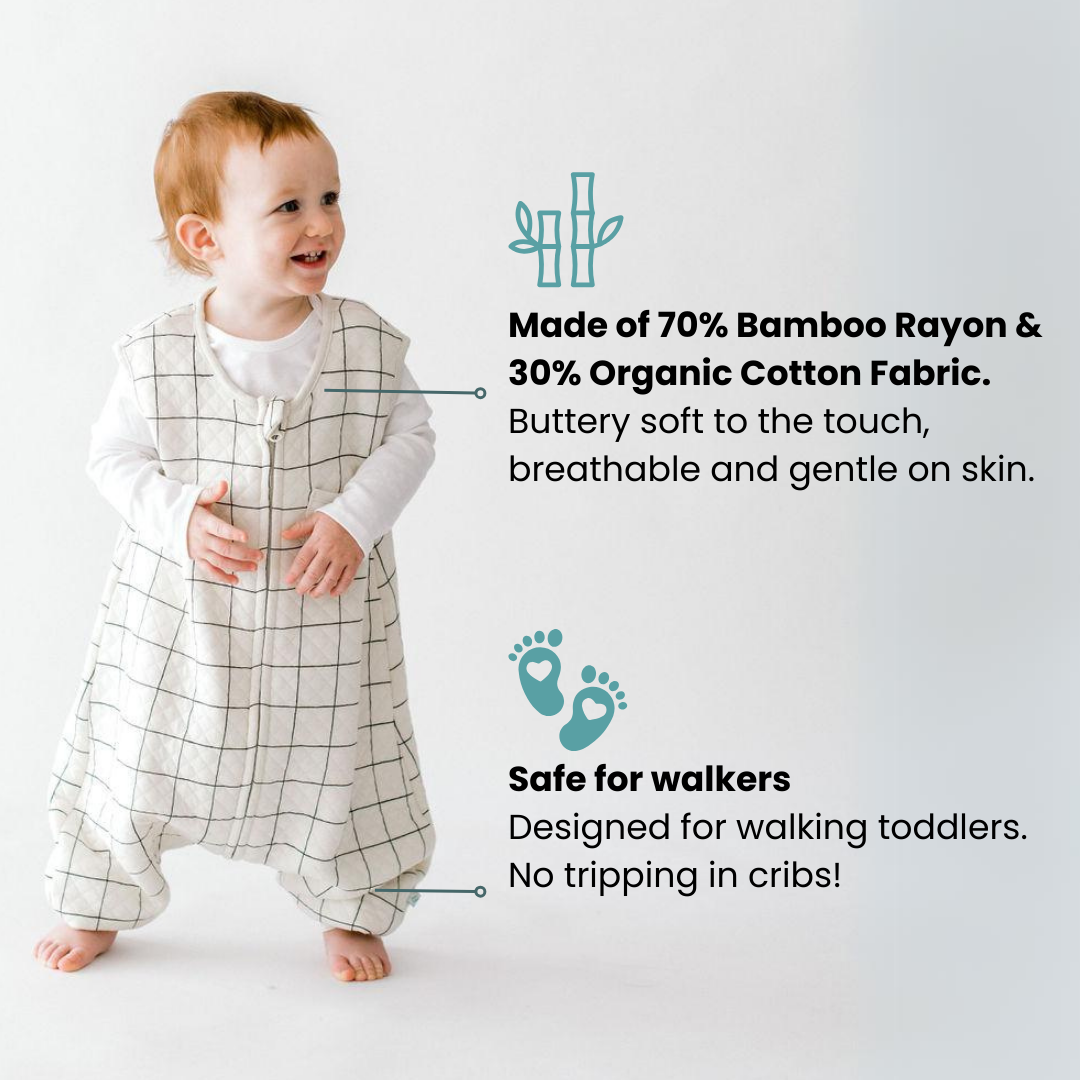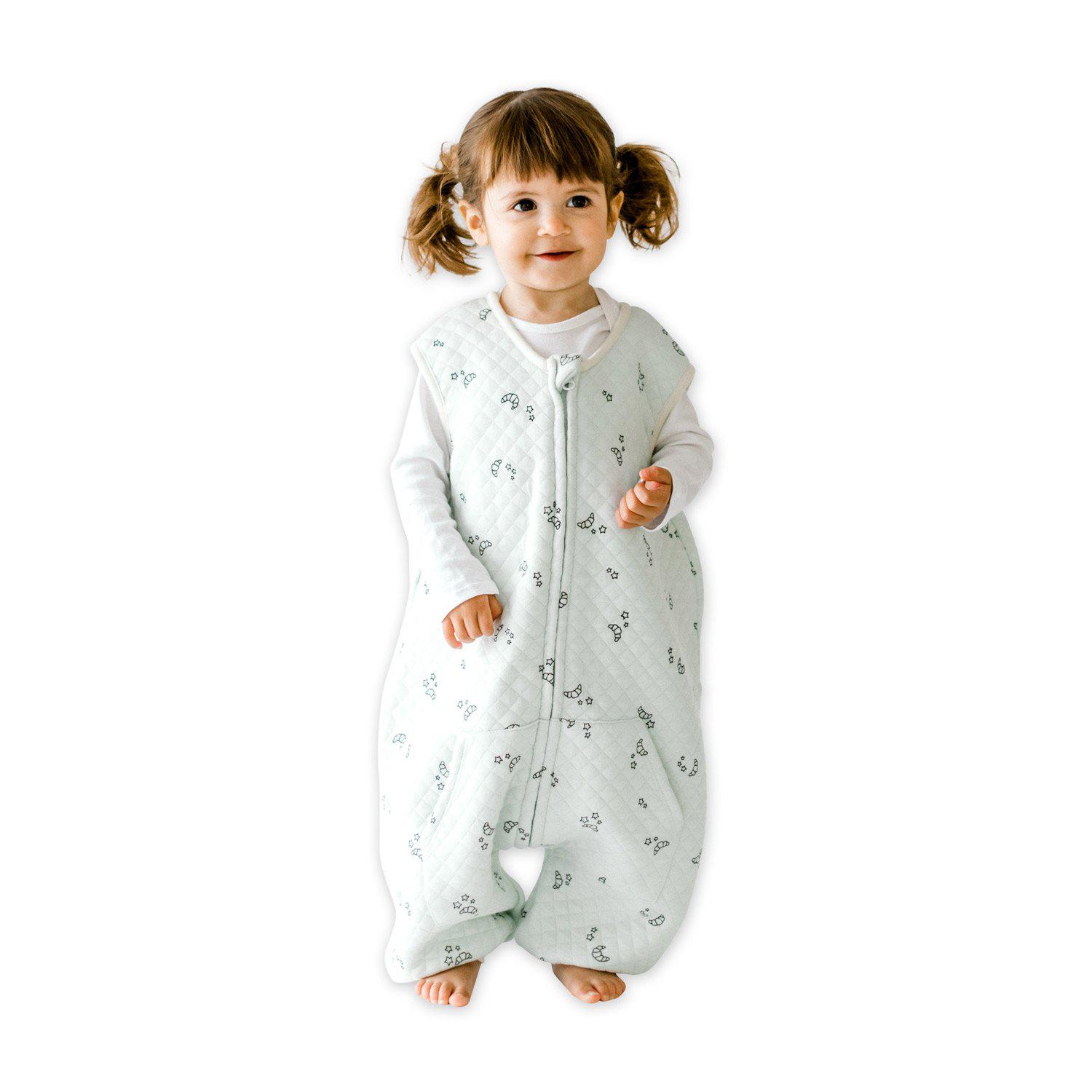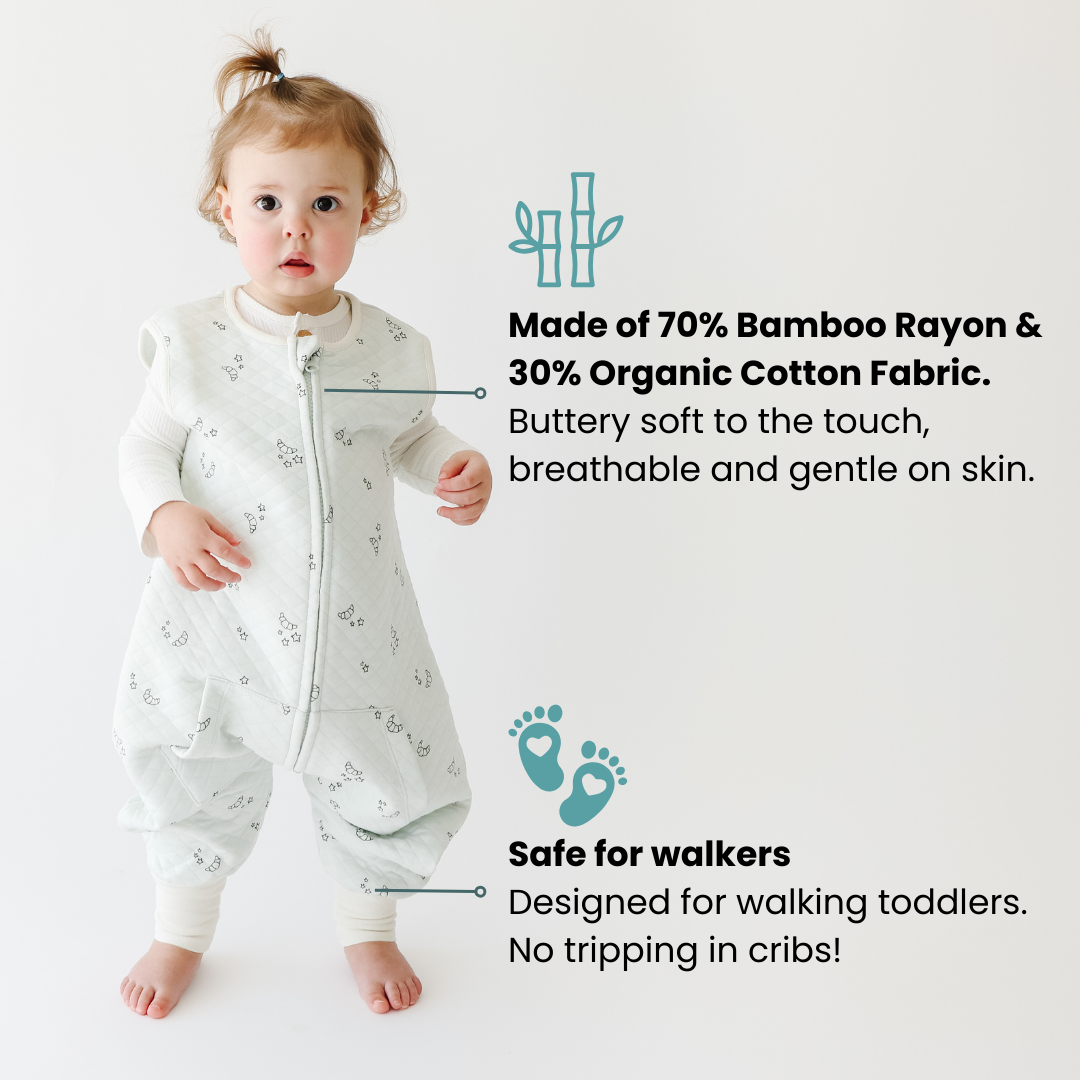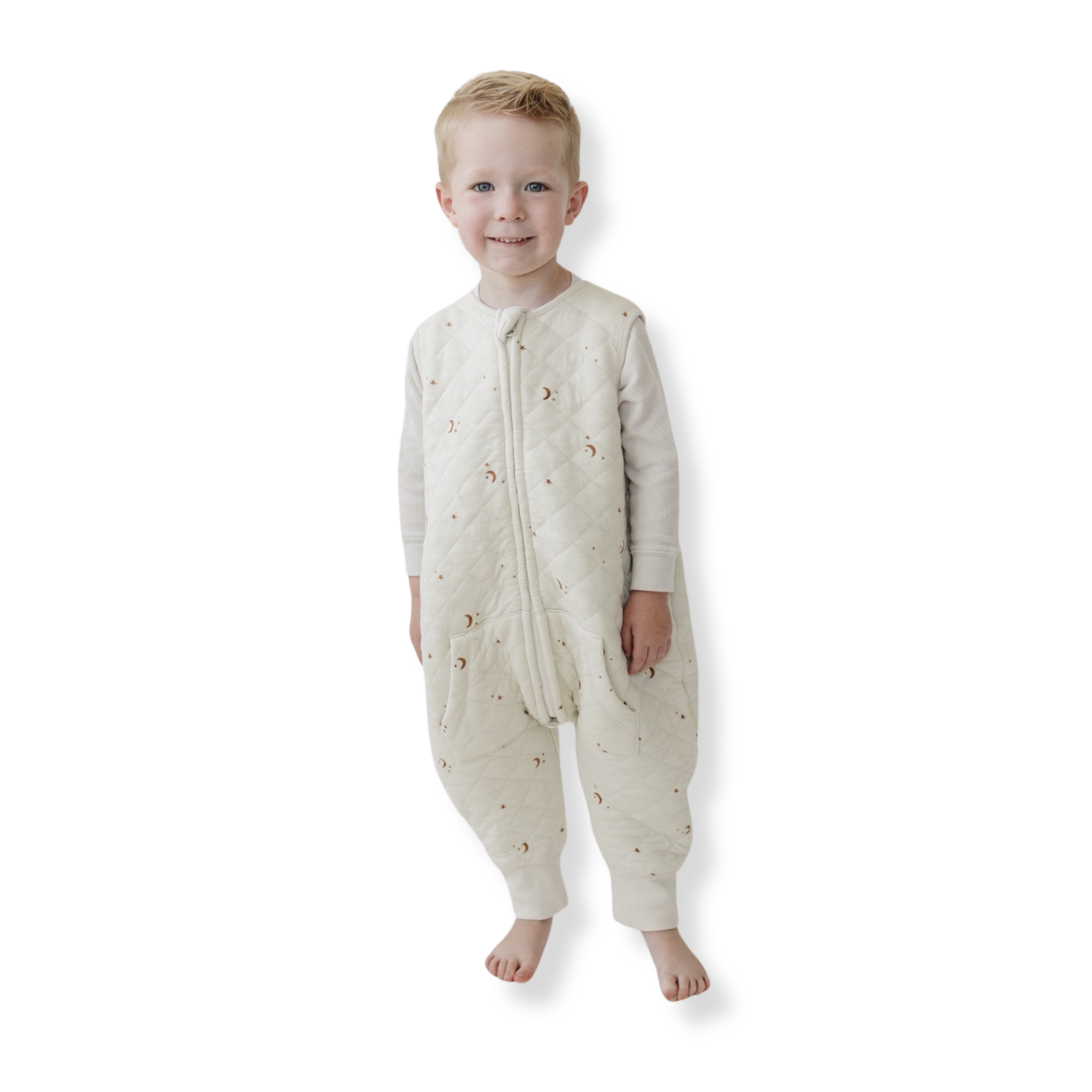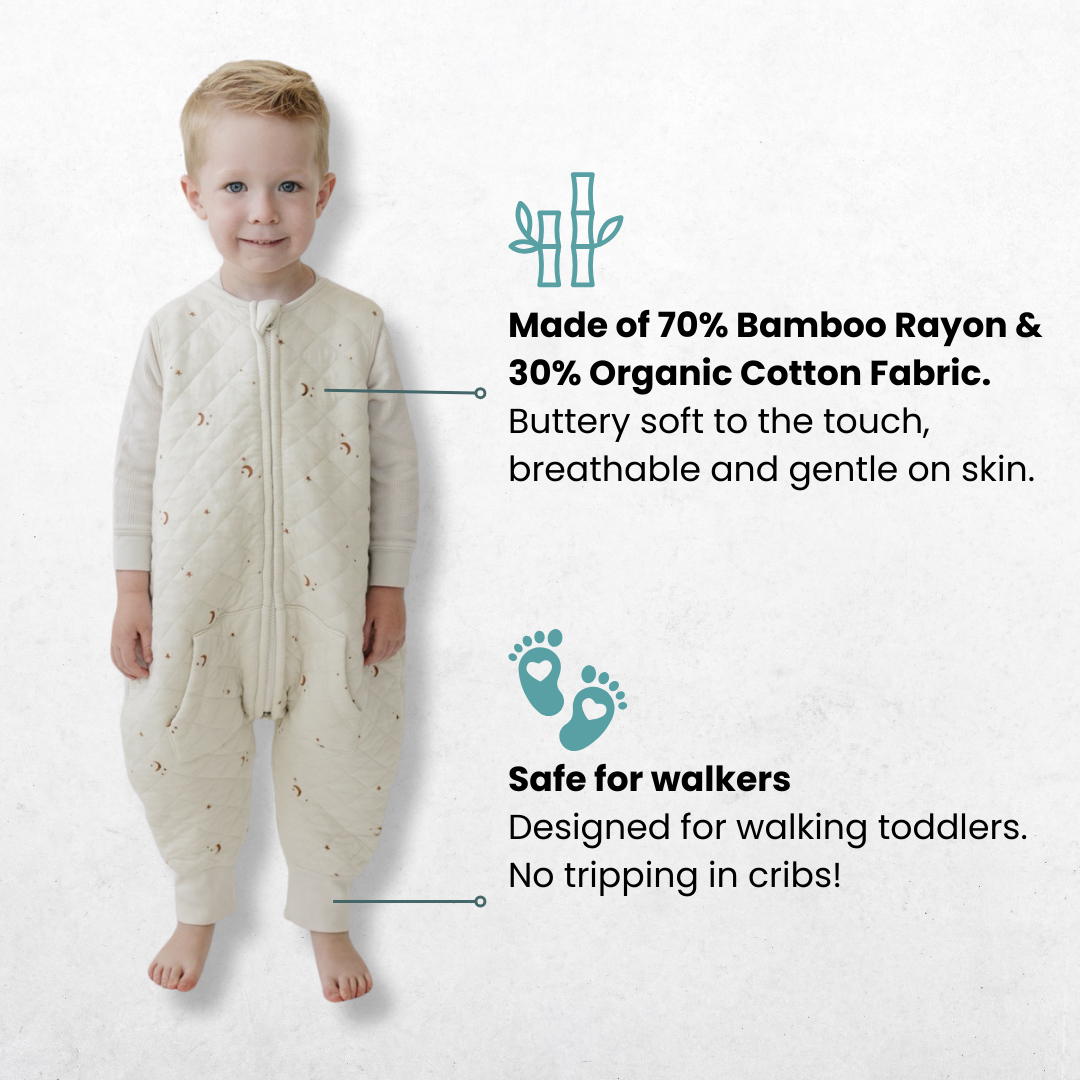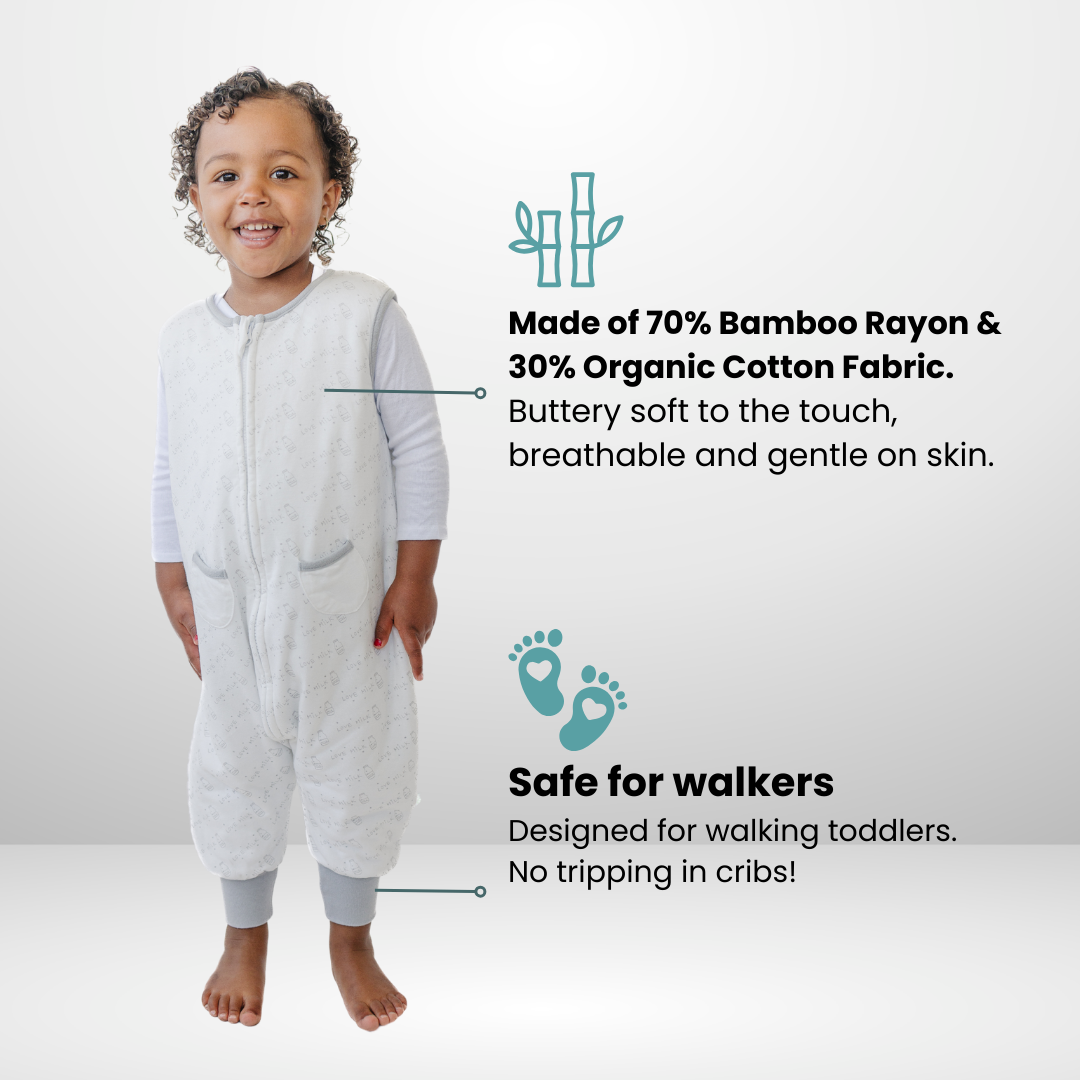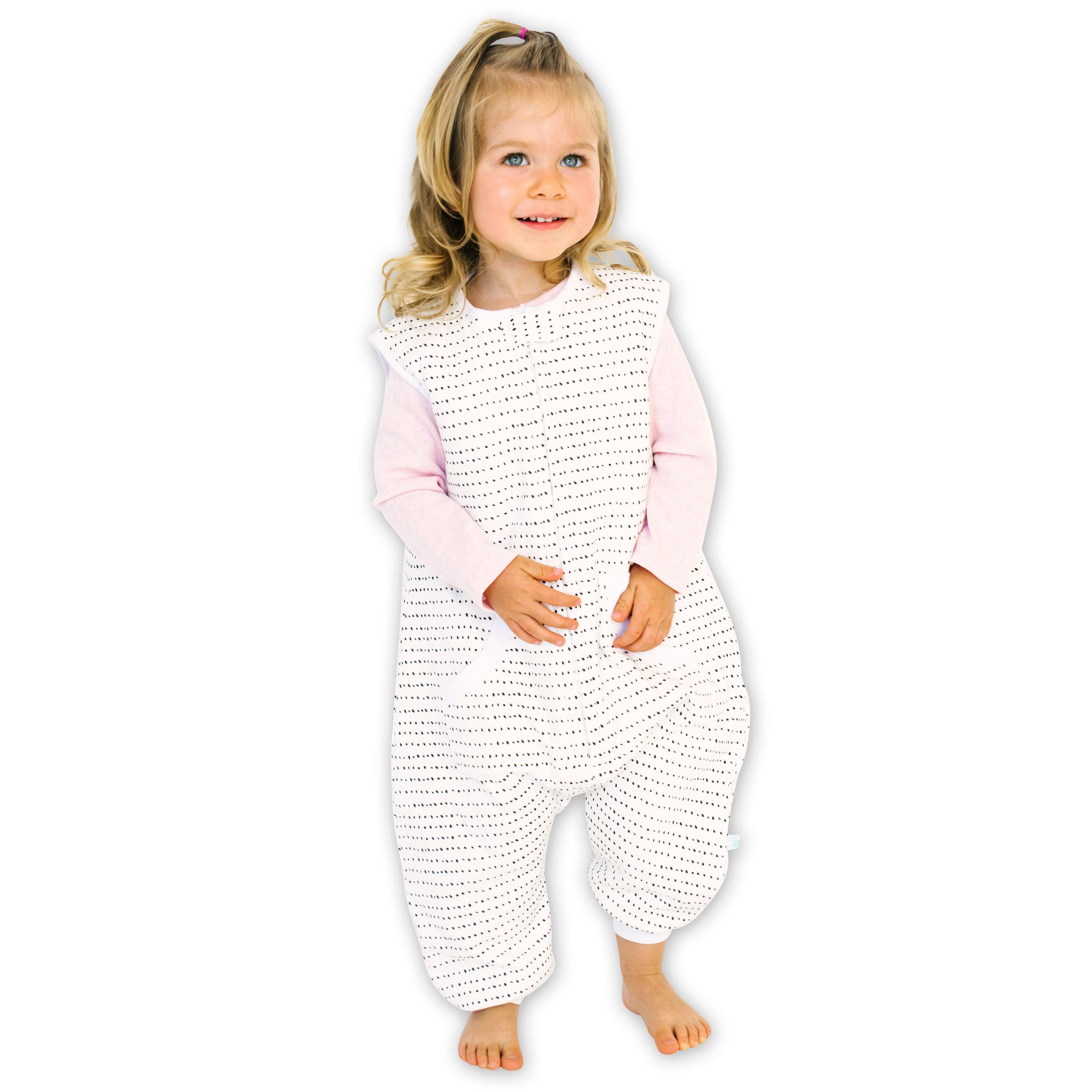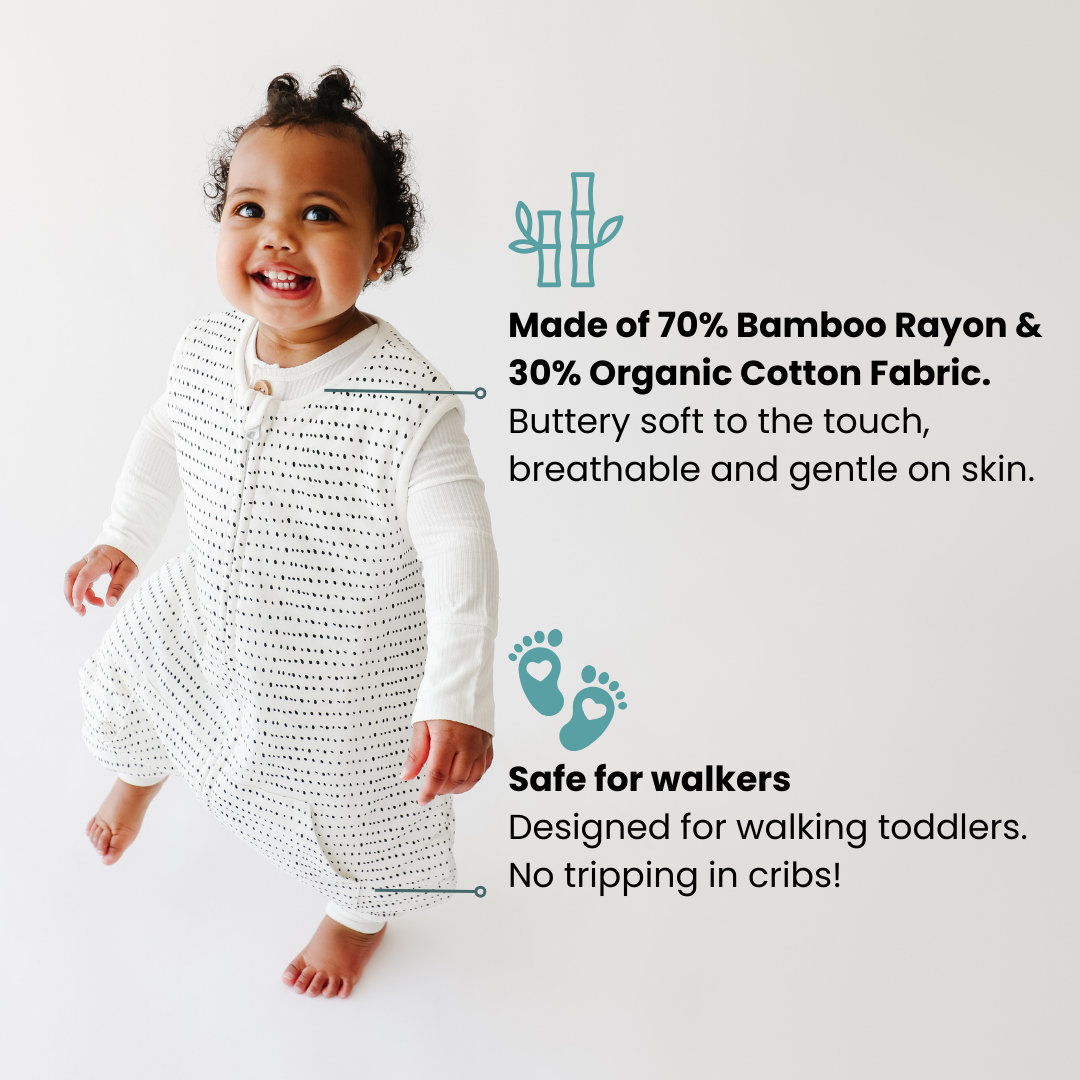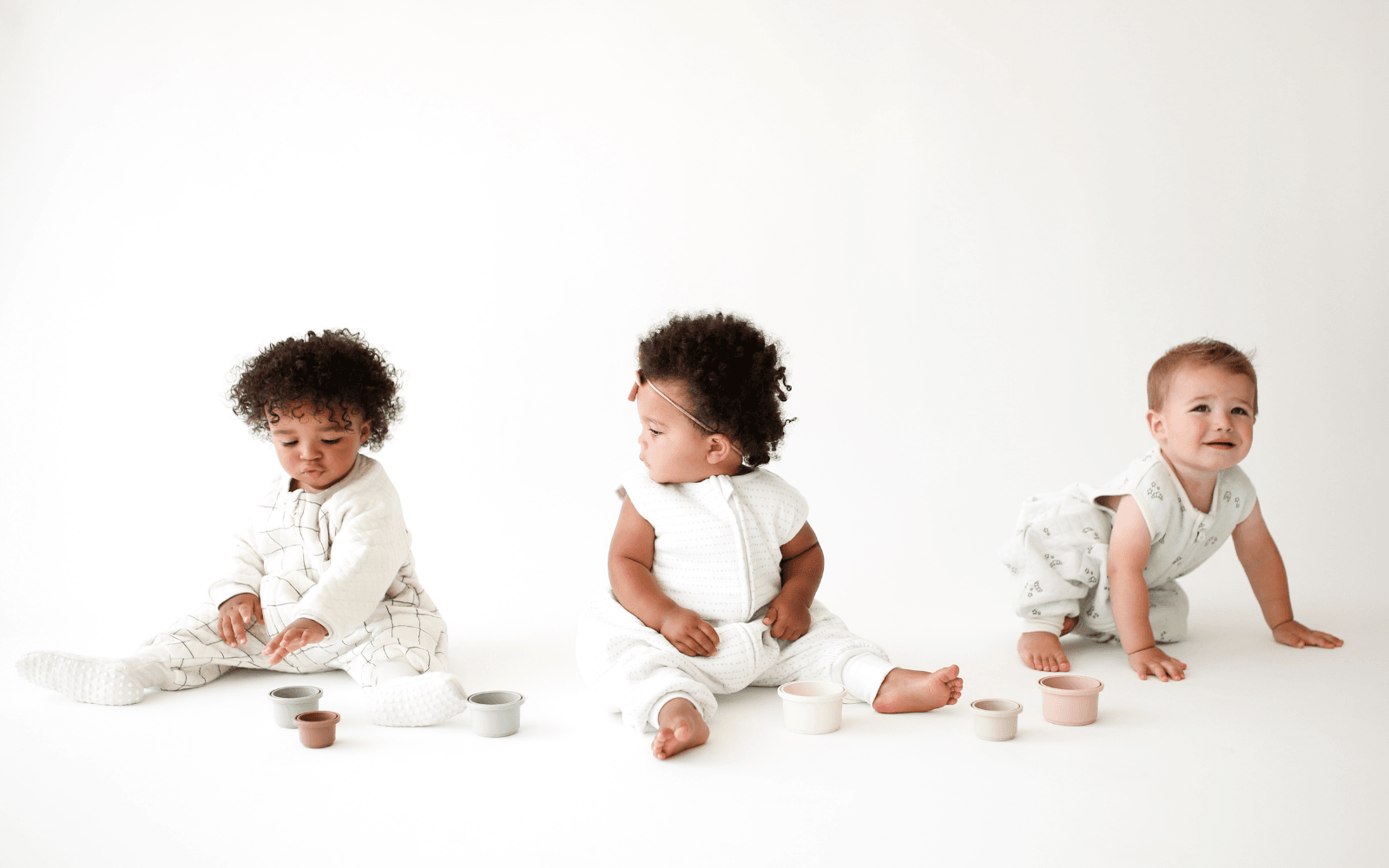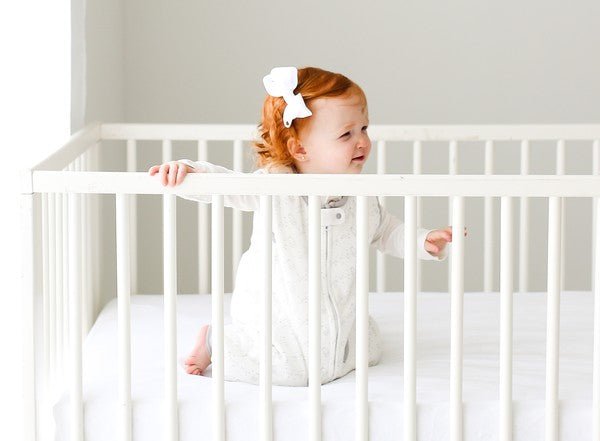Baby's Sleep Explained - Why Do They Wake Up So Often!

Don't you wonder why babies wake up so often at night time when adults can sleep through with such an ease? In this post, we explain the science behind sleep to help you understand your baby's sleep better. And we promise you, it's not going to be like reading science textbook, so read on!
Why Babies Wake Up So Often
When we sleep, we go through various different states, most of which can be broken down to two: REM (Rapid-Eye-Movement) sleep, and non-REM sleep.
Non-REM sleep (Non-Dream Stage)
Non-REM sleep is probably closest to what we normally think of as sleep. Our eyes are totally still, we lie quietly, with a regular heart rate and breathing pattern. This is the period of sleep that restores and refreshes the body and brain. This sleep is then also broken into three stages:
- Stage 1 - Drowsiness: This is the period you start to doze off into sleep.
- Stage 2 - Light Sleep: This is the period you are sleeping but you awake easily if someone calls your name or jostles you.
- Stage 3 - Deep Sleep: This is the period you are sleeping very deeply and get the most benefit of refreshing your mind and body. This is the time you would be able to carry your child from the car seat to their crib without them really waking up since they are sleeping like a log.
Just like how Non-REM sleep is entered from drowsiness to light sleep to deep sleep, you would cycle back from deep sleep to light sleep to drowsiness and a brief arousal. We probably don't even know that we go through these, since going through these cycles become seamless. But the stage where we go from light sleep to a brief arousal is when we would be more prone to getting our sleep disrupted. (ie. outside noise)
REM sleep (Dream Stage)
REM sleep is when we dream! It is an active state where your heart rate, blood pressure, respiratory rate, and blood flow to the brain all increase and fluctuate irregularly.
So now you know a little bit of science behind sleep, let's find out why babies wake up so often!
- Adults spend about 85% of their sleep in Non-REM sleep (restorative one) while babies spend about 50% of their sleep in Non-REM sleep.
This means they are in the sleep stage that is more sensitive to disturbances and wake up more easily.
- While adults' sleep cycle lasts about 90 minutes, babies sleep cycle lasts only about 45-60 minutes.
This means babies zip through from light to deep sleep and then back to light sleep within a shorter period of time, and when the child returns to the light sleep stage, they are easily disturbed and wake up more easily.
- During the brief arousal's between cycles, while adults have learned to seamlessly fall back to the next sleep cycle, babies may need that 'sleep association' to fall asleep. (ie. pacifiers, breastfeeding, being rocked etc).
If the same sleep association is missing, babies may have difficulty falling back to sleep and wake up looking for that same sleep association. This is one of the main reasons why we want to sleep train our baby to fall asleep independently and have healthy sleep association.
Here's a graph that shows how adult's sleep and baby's sleep cycles look like.


Do you see the difference? Baby's sleep cycle is much more cyclical than adults and they arrive at the 'awake' stage much more frequently than adults. Until babies' sleep cycles develop to look more like adults, you can expect your baby to wake up more frequently.
If you would like to teach your baby healthy sleep habits to minimize the frequent wakings, we've compiled few tips here.
Hope this was informative! Subscribe to our newsletter to get more sleep tips and get the latest on Tealbee sleepwear!
